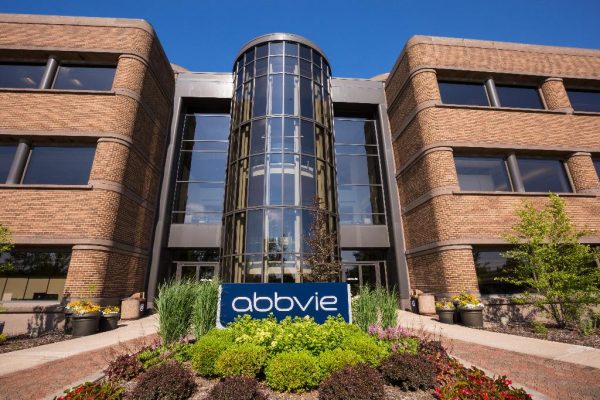
A Japanese firm that had previously partnered with a company acquired last year by AbbVie is now partnering with AbbVie itself, with a focus on drugs for autoimmune disorders.
Tokyo-based Sosei Heptares said Thursday that it had formed a drug-discovery, development and commercialization agreement with the Chicago-based drugmaker around small-molecule medicines that target autoimmune and inflammatory diseases using the G protein-coupled receptor, or GPCR pathway.
“Collaborating with leading pharmaceutical companies is a core element of our successful value-generating strategy,” Sosei Heptares Executive Vice Chairman Malcolm Weir said in a statement. “The ability to combine our unique technology and structure-based discovery and early development capabilities, particularly around challenging drug targets, with AbbVie’s excensive therapeutic area, development and global commercialization expertise is a powerful approach to creating new improved therapeutics for inflammatory and autoimmune diseases.”
Under the deal, AbbVie will pay Sosei Heptares up to $32 million upfront and milestones for optioning, development and commercial milestones worth up to $377 million, along with royalties. AbbVie can also expand the partnership to include up to four targets.
Sosei Heptares had previously entered an agreement with Allergan in April 2016 focused on central nervous system disorders, including Alzheimer’s disease, which was worth up to $790 million for the Japanese company. AbbVie acquired Allergan last June for $63 billion, and the acquisition completed last month.
In addition to the financial benefit to Sosei Heptares, the deal will also no doubt help replenish AbbVie’s pipeline in immunology. The drugmaker faces a significant erosion in sales with the looming expiration of patent protection for Humira (adalimumab), a monoclonal antibody approved for autoimmune disorders like rheumatoid arthritis, psoriasis, ulcerative colitis and others that has long been its primary cash cow, with sales of nearly $3.7 billion in the first quarter of this year. The drug is expected to lose patent protection in the next several years, and the Food and Drug Administration has already approved multiple biosimilar versions.

A Deep-dive Into Specialty Pharma
A specialty drug is a class of prescription medications used to treat complex, chronic or rare medical conditions. Although this classification was originally intended to define the treatment of rare, also termed “orphan” diseases, affecting fewer than 200,000 people in the US, more recently, specialty drugs have emerged as the cornerstone of treatment for chronic and complex diseases such as cancer, autoimmune conditions, diabetes, hepatitis C, and HIV/AIDS.
Photo: AbbVie












